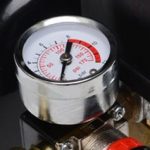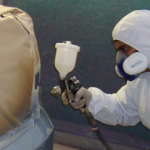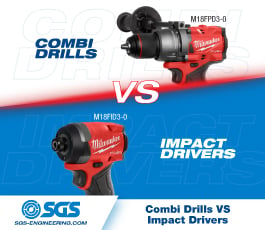Air Compressor Do's & Don'ts

If you recently bought your first air compressor to use for your home DIY projects, then it is important for you to understand how to properly operate and maintain it. By following these time-tested do's and don'ts you can stay safe and enjoy using your new air compressor.

DO place your air compressor on a completely flat surface such as a driveway or patio. Block the wheels with bricks to ensure that the air compressor does not move around while you are using it, especially if the wheels do not have breaks fitted.

DON'T operate the air compressor until you have ensured that all of the hoses and fixtures are intact and that each connection is properly connected. Leaks and loose parts can cause serious injuries when you operate the air compressor.

DO keep pets and people away from your air compressor while it is in operation. Operating air compressors are loud and can damage hearing, and they have many moving parts that can cause injuries. Children and pets especially should be well out of the way before beginning operation.

DON'T wear jewellery or loose clothing when operating your air compressor as they can become entangled cause injury. Do not wear short-sleeve shirts or work trousers when working near your compressor, and be sure to always wear sturdy shoes to protect your feet.

DO only fill your air compressor's fuel tank and engine oil tanks when the compressor is turned off and has had ample time to cool off. If you add oil or fuel when the air compressor's parts are still hot it could start a fire.

DON'T ever use your air compressor to clean dust or dirt off of people or pets. The high velocity of air from an air compressor can very seriously damage your skin, eyes, and ears. These injuries can be life threatening and are not to be taken lightly under any circumstances.

DO read your operation and product manual thoroughly to ensure safe operation of your air compressor.

DON'T neglect the oil that lubricates your air compressor's motor. The engine oil should be drained and replaced as often as needed (see manual). Just like when you change the oil in your car, you should also change the oil filter when you change the oil for your compressor's motor.

Do make sure all guards and shields are in place and in good working order before turning the machine on.
For your own safety whilst operating an air compressor;

Do not aim a jet of air at people or animals, as it’s extremely hazardous and do not put compressed air against the skin, you would be at serious risk of injecting yourself with compressed air and/or liquid product, which can be deadly.

The compressor motor gets very hot during use; do not operate your compressor with the compressor motor guard removed

The maximum pressure is factory set, and clearly marked on the compressor. Do not adjust, or tamper with the safety valves.

Metal parts will become quite hot during operation. Do not touch and/or perform any maintenance on these until the compressor has cooled down.

If spraying flammable materials e.g. cellulose paint, make sure that there is plenty of airflow in your working environment, and do not have any naked flames/source of ignition.

Before spraying any material, be sure to consult paint manufacturer’s product instructions and any labels for safety and usage.

Be mindful of changing hoses during operation, as the air escapes at a rapid rate.

Always ensure that children and animals are kept at an adequate distance from the compressor and any air tool equipment attached to it.

Always ensure that all individuals using the compressor have had the necessary training and have read and fully understand these operating instructions.

Make sure that any air tools used with your compressor, has a safe working pressure going above that of the compressor.

Be careful when transporting the compressor to prevent tipping it over, which could cause injury to yourself and/or damage to the compressor unit, and may also spill compressor oil.

Compressors produce noise levels in excess of 70dB(A). Always ensure the operator of the compressor and people working nearby use hearing protection.

Always use proper manual handling techniques, as compressors can be very heavy- remember to lift with your legs instead of your back.

Never use a compressor as an air supply e.g for diving or for pressuring decompression chambers, it is not suitable for that purpose.

Be extremely careful when using hazardous spraying products such as stucco, warnex, insecticides etc- as these produce extremely hazardous vapours. Use an industrial extractor where possible.

Be mindful of the air pressure gauges, if the air safety valve fails to work and the gauge goes into the red, switch off the power supply and retreat to a safe distance. Never make alterations to compressor safety features.

Always ensure your compressor is properly earthed. Power the compressor from a socket that has earth fault protection.

Keep your fingers away from any moving parts.

It is advised to get your compressor unit electrically tested annually, to ensure that it will pose no electrical risk during its operation.

Be careful with compressor oil, as it can stain yourself and/or flooring. When disposing any compressor oil, do so at a proper facility that can handle such hazardous waste.
Still need help?

Our in house experts are always on hand for buying advice and to provide bespoke care, regardless of the application.
Call SGS on 01332 576 850 or fill out our contact form today.


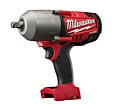
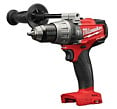
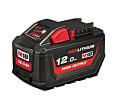
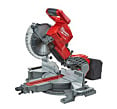

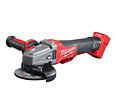
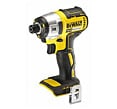
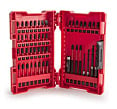

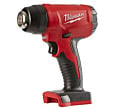
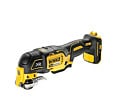
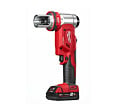
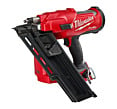
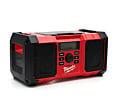

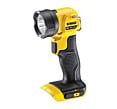

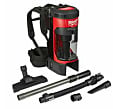

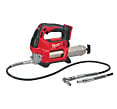
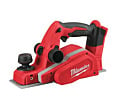
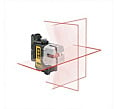
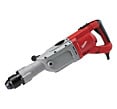
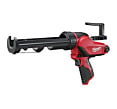
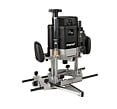
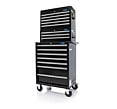
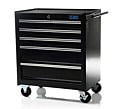
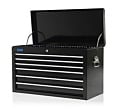
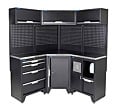
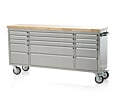
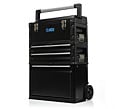
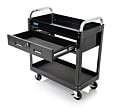
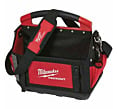
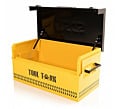
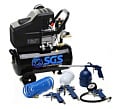
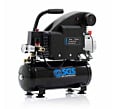
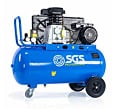
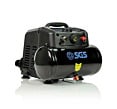
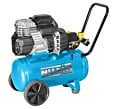
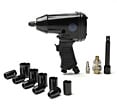
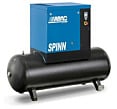
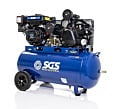

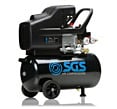
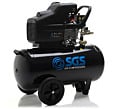
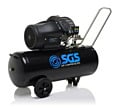
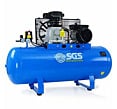
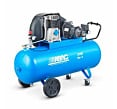
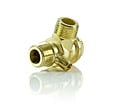
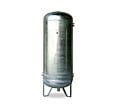
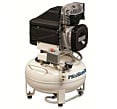
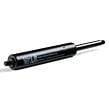
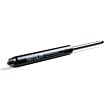
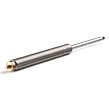
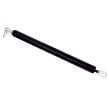
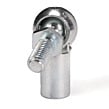
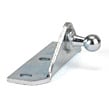

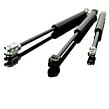
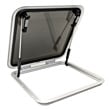
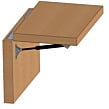
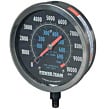
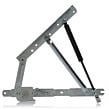
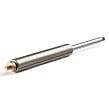
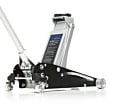
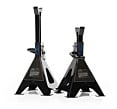
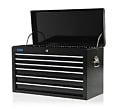
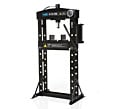
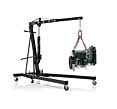
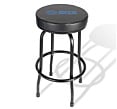
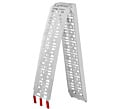
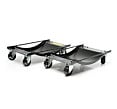
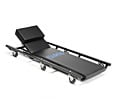
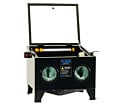
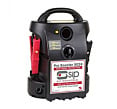
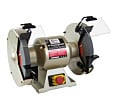
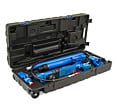
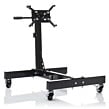
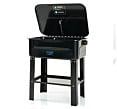
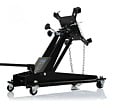
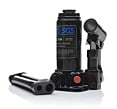
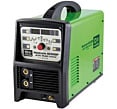
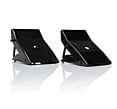
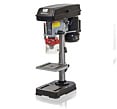
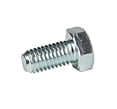
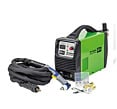
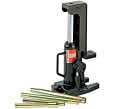
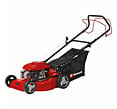
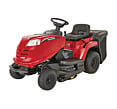
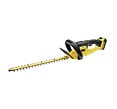
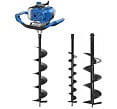

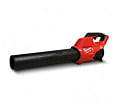
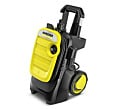
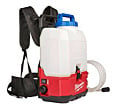
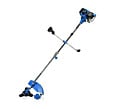
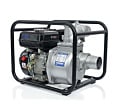
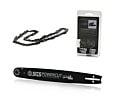
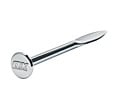
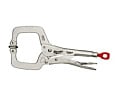
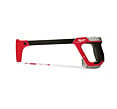
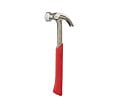
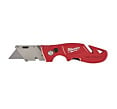
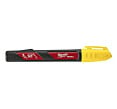
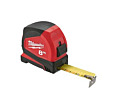

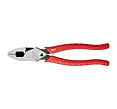
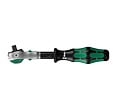
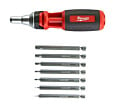
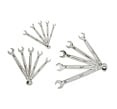
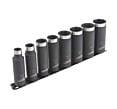
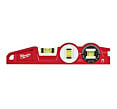
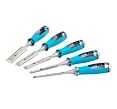
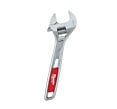
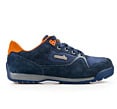
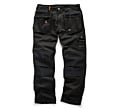
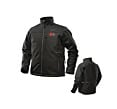
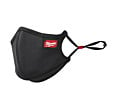
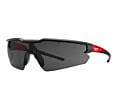
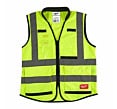

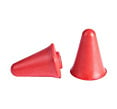
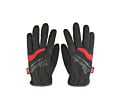
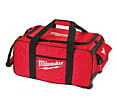
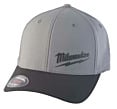
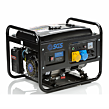
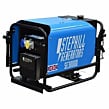
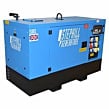
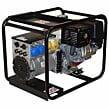
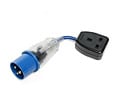
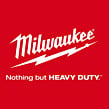











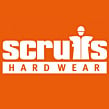









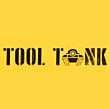
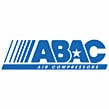






 Milwaukee Authorised Distributor
Milwaukee Authorised Distributor  4.4 out of 5 with 50,000+ reviews
4.4 out of 5 with 50,000+ reviews  Free delivery on orders over £75*
Free delivery on orders over £75*  Next working day delivery available*
Next working day delivery available* 